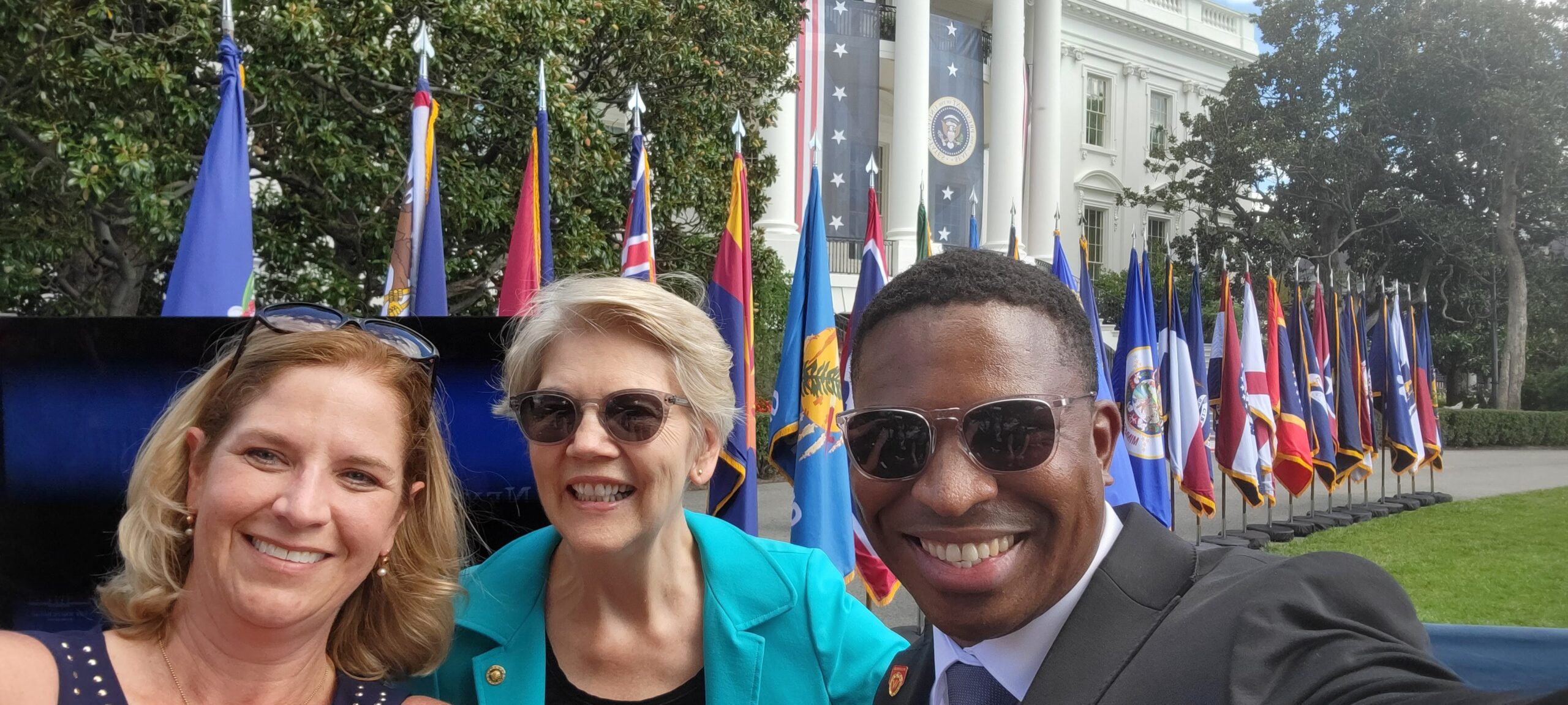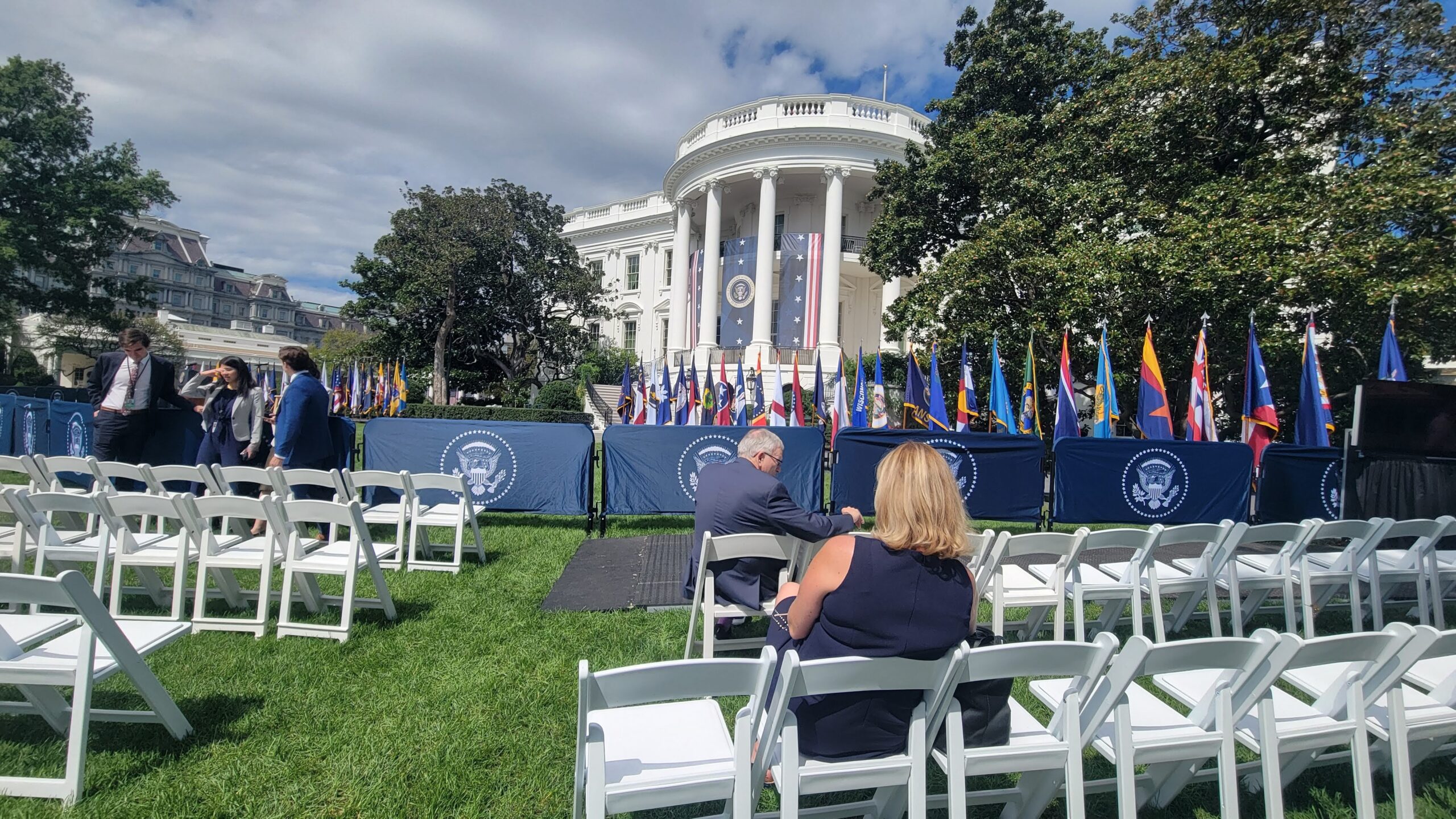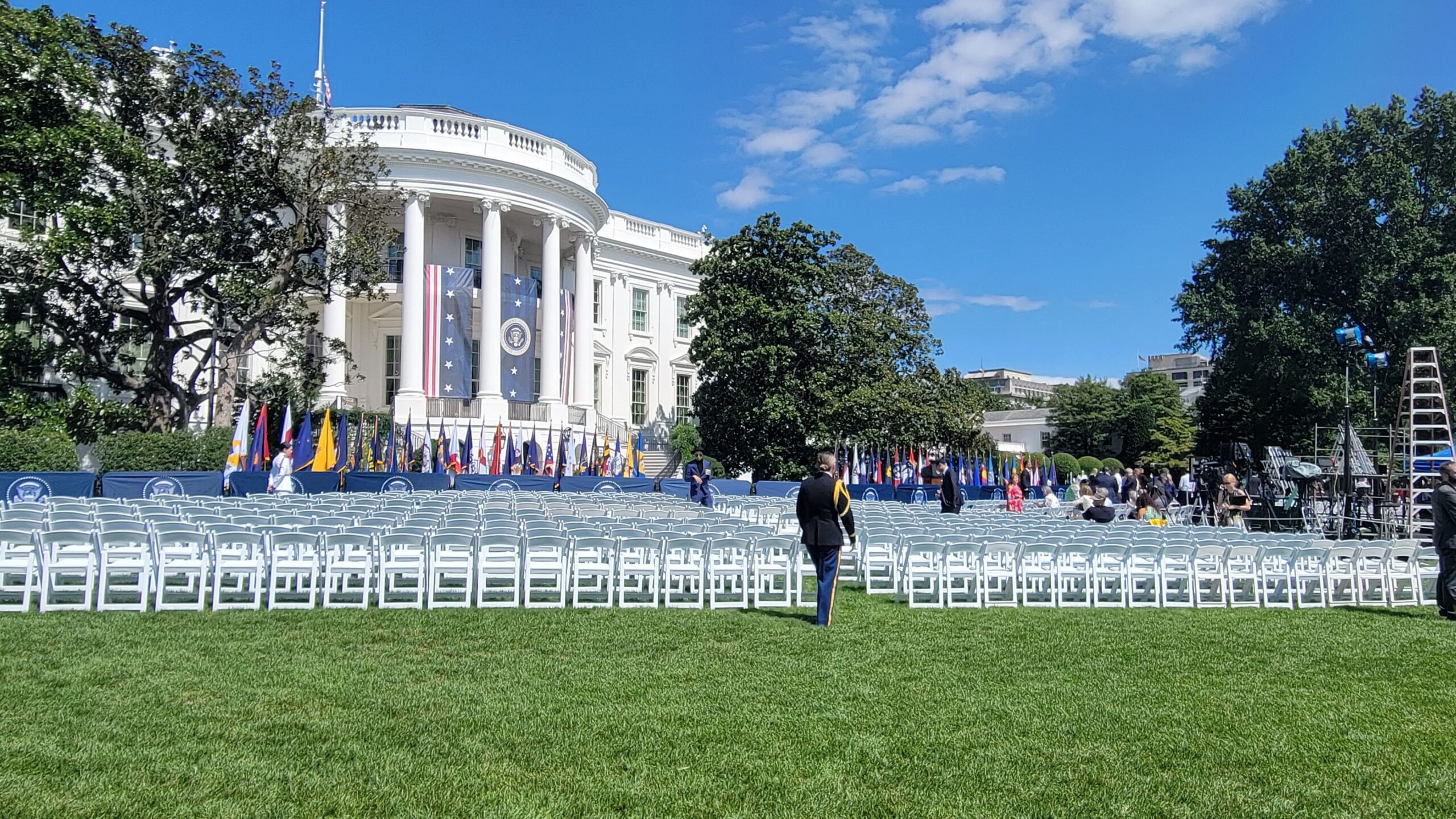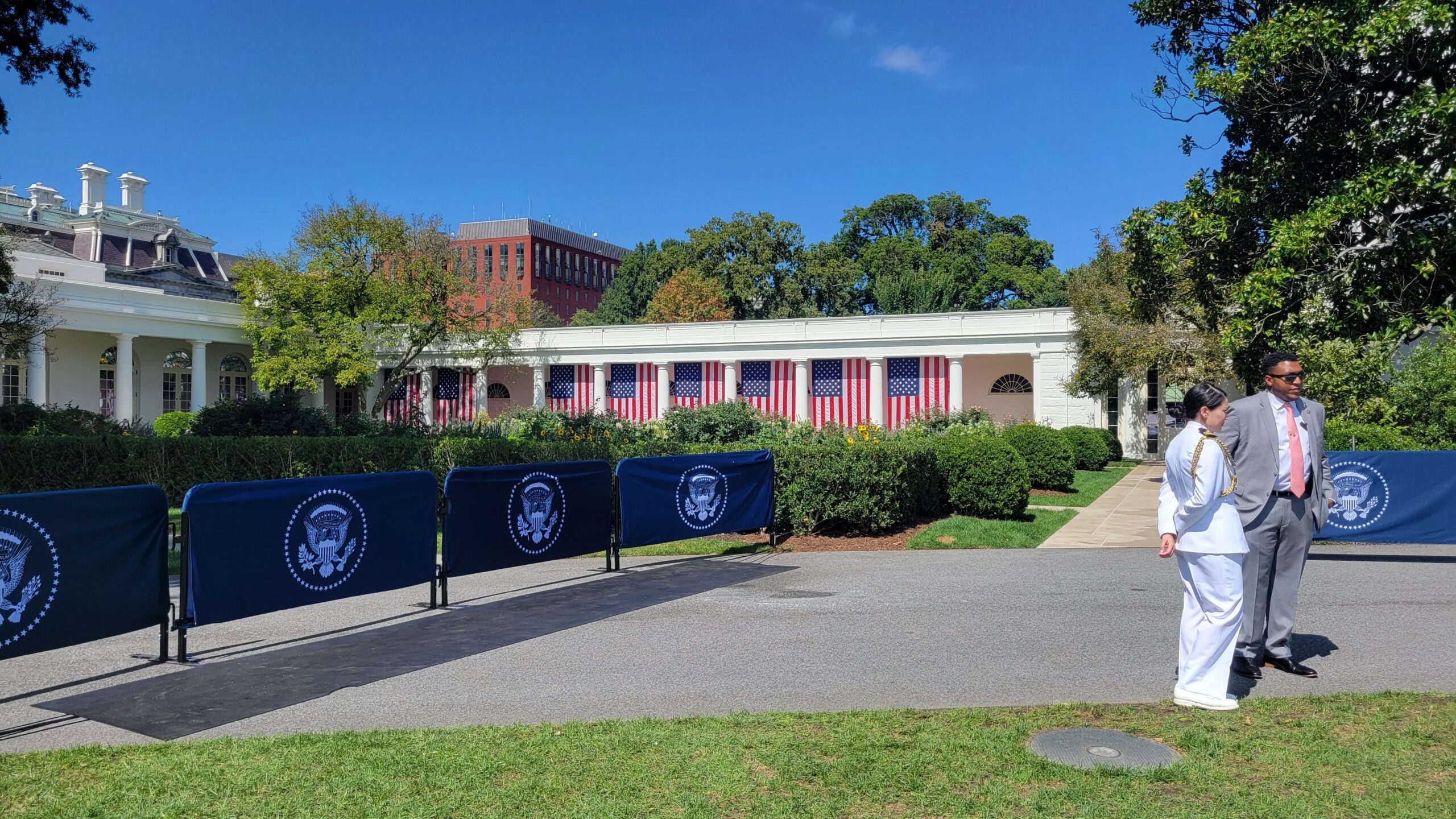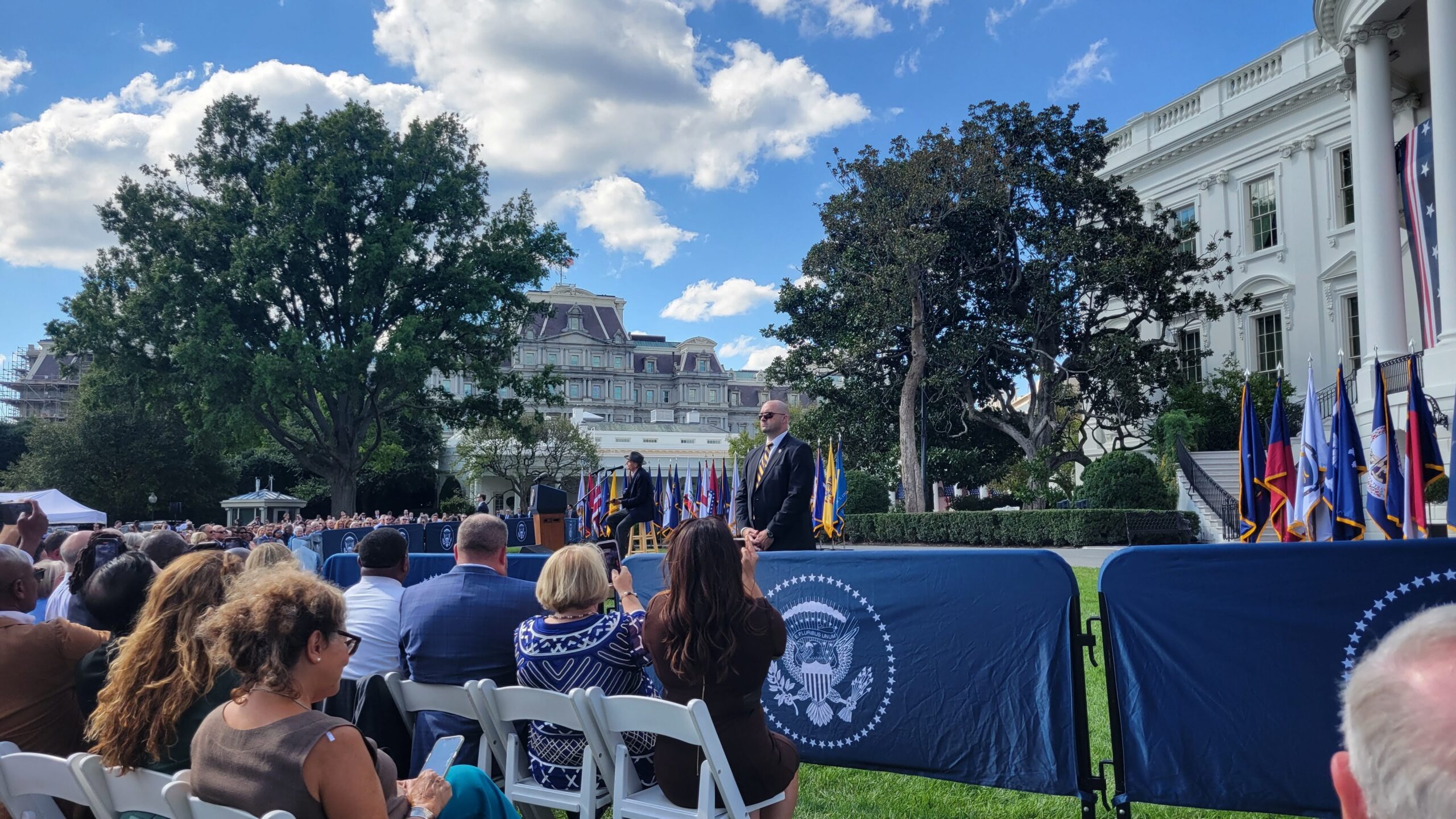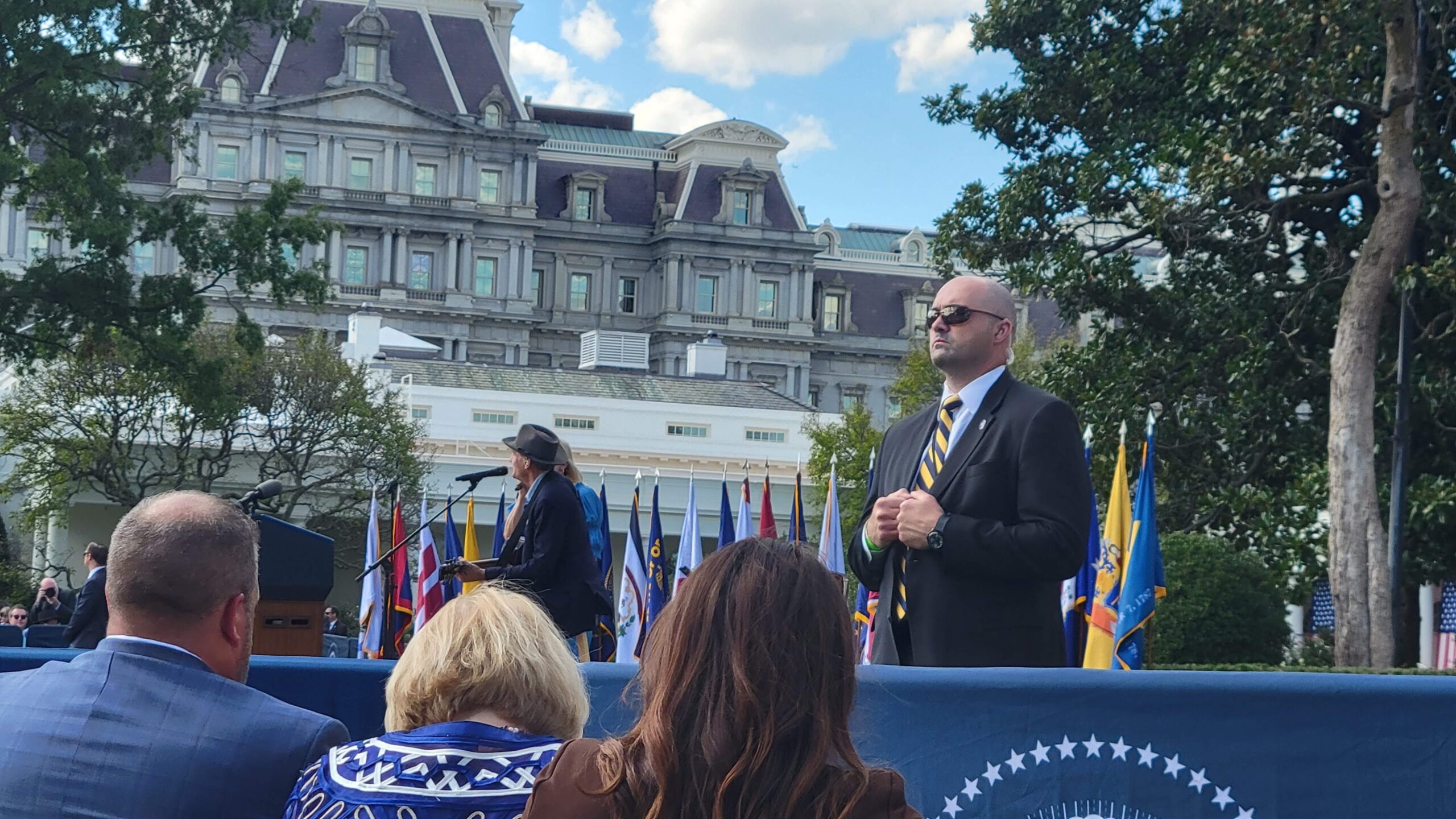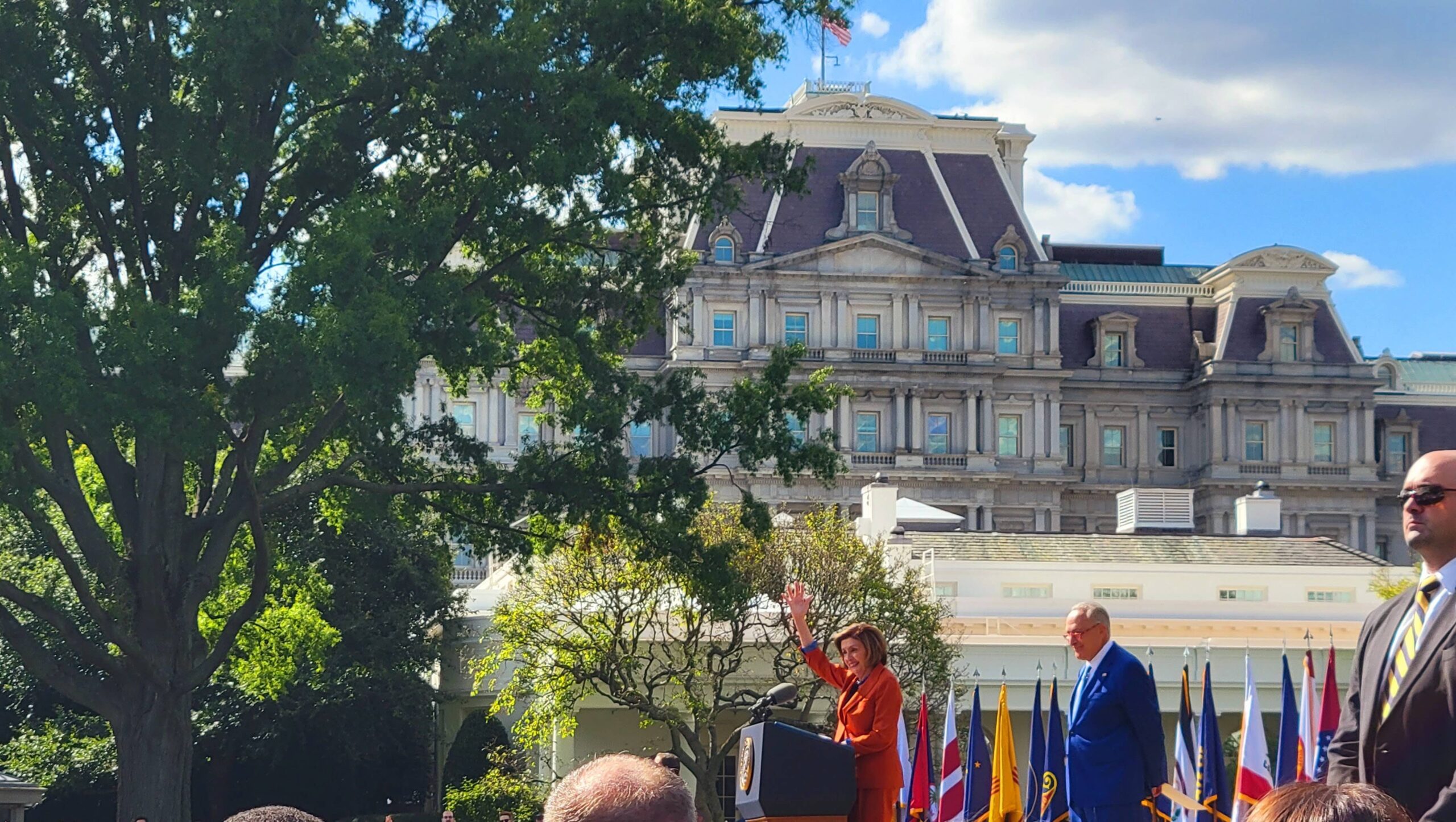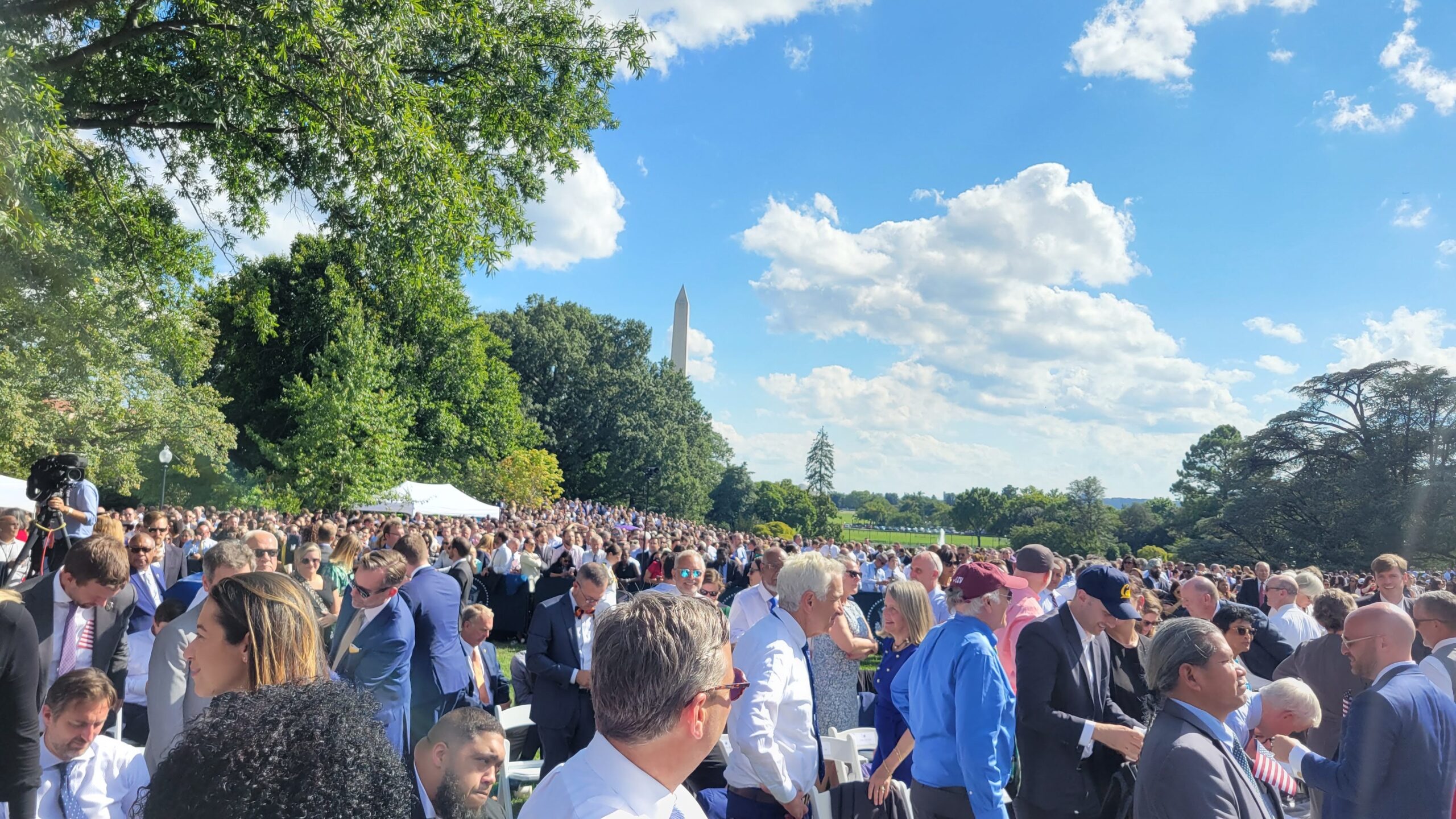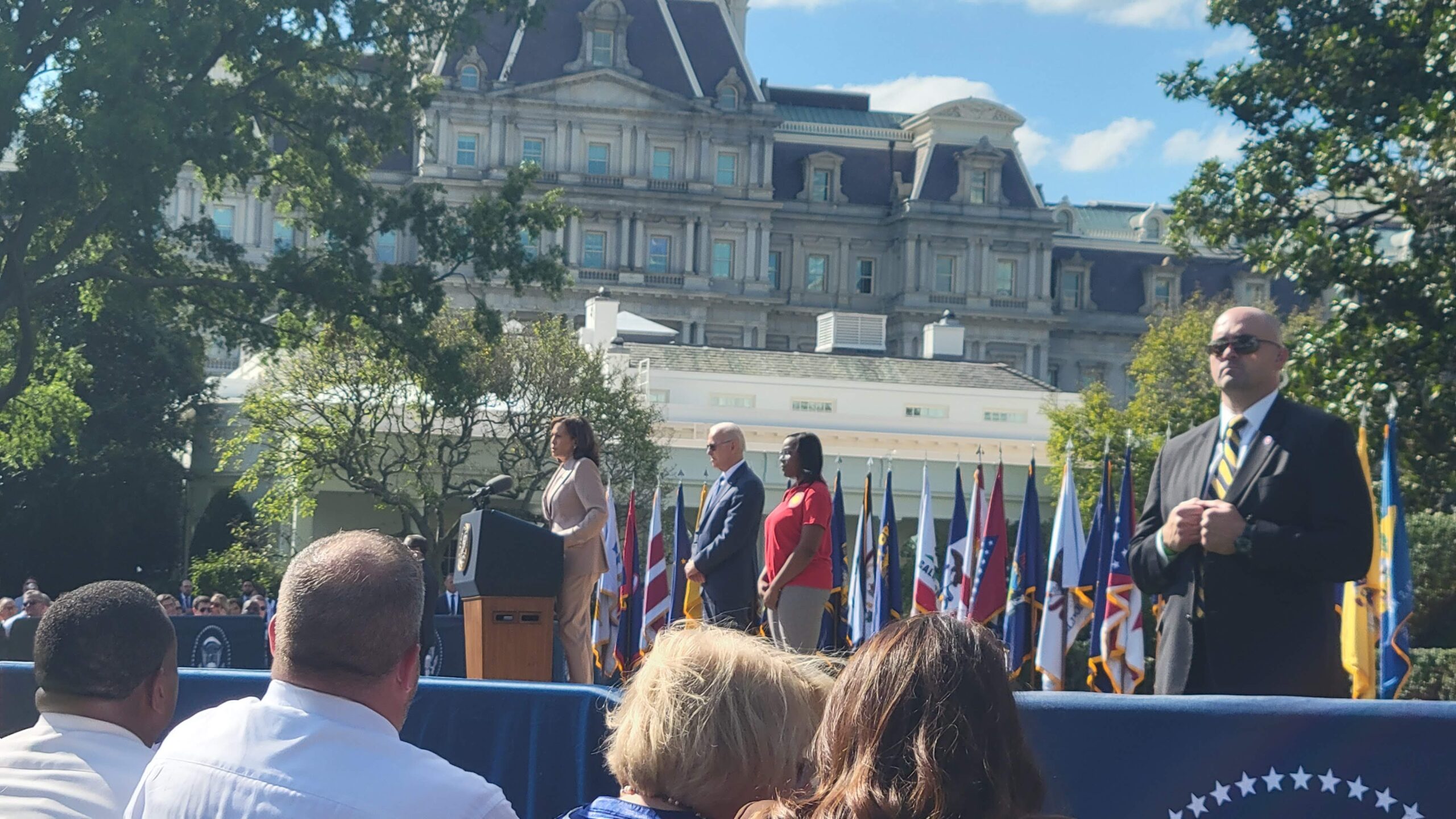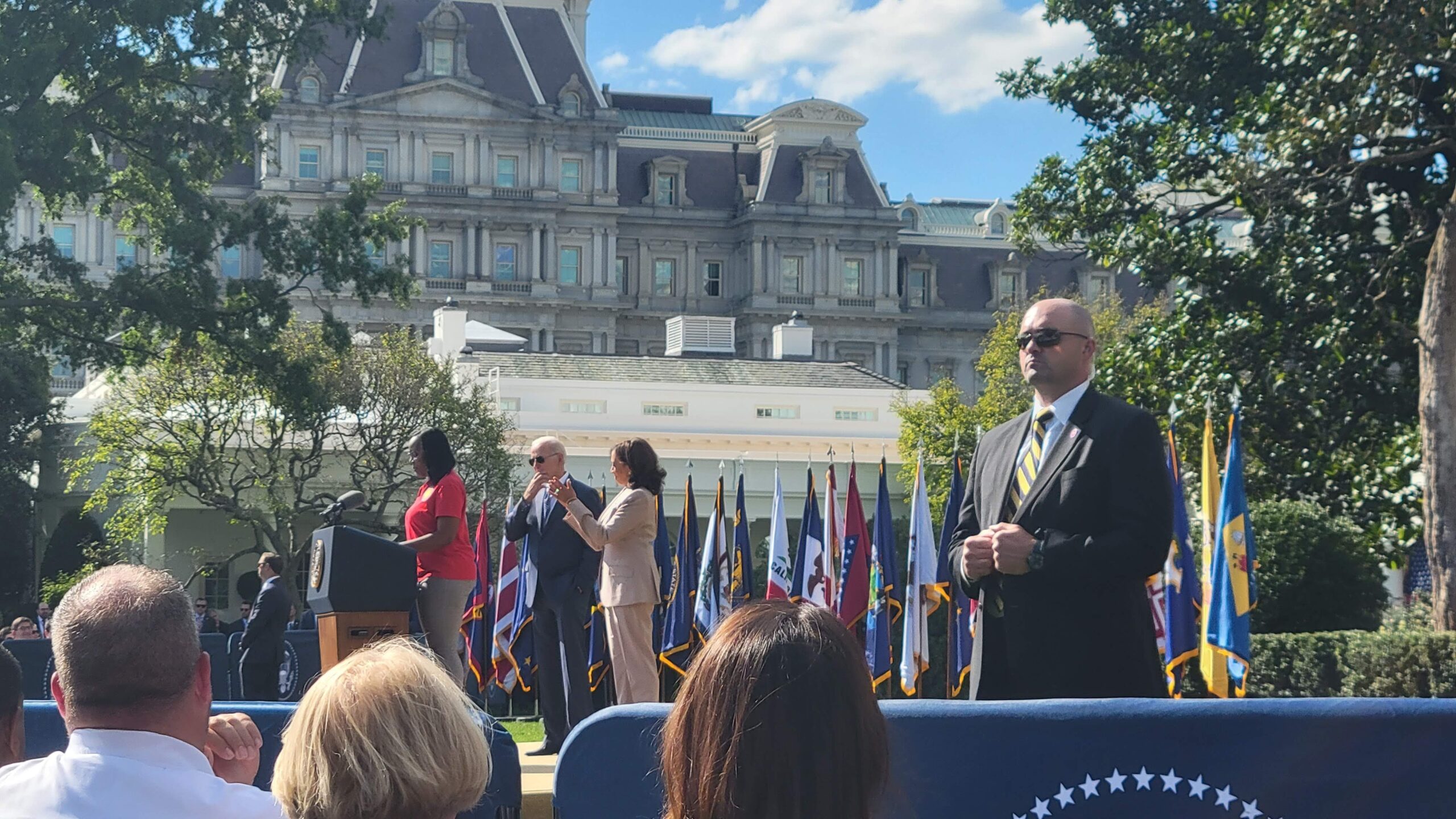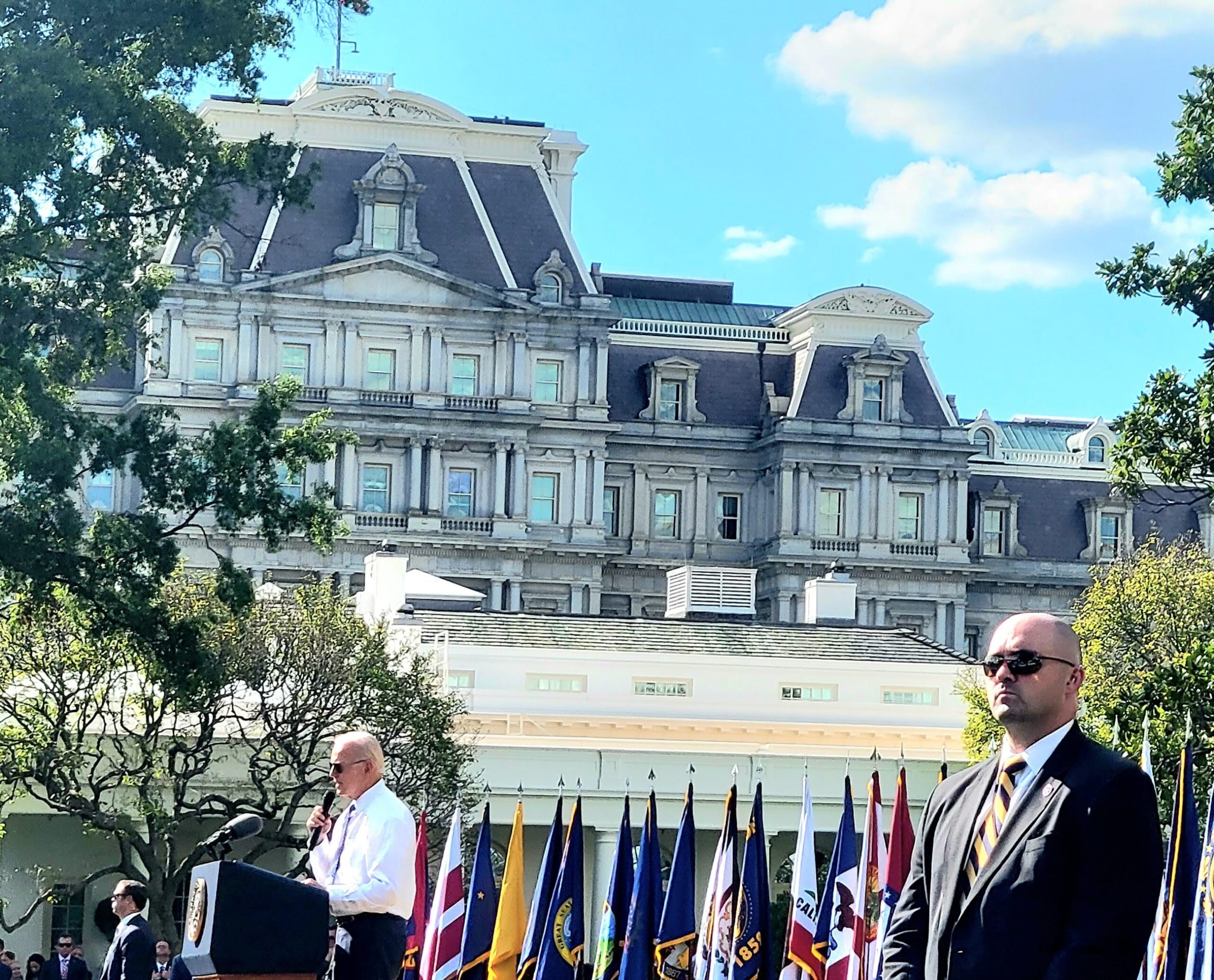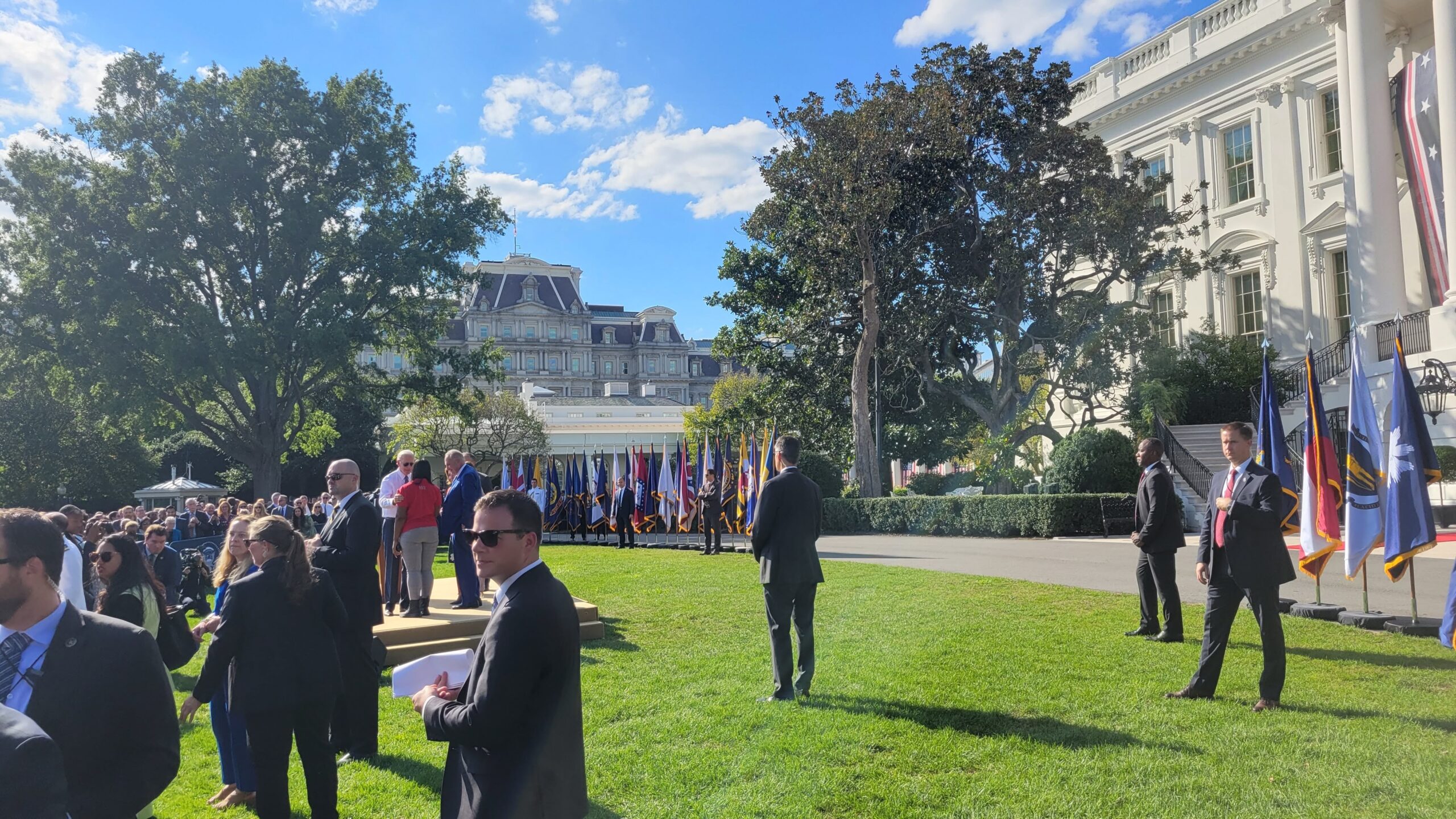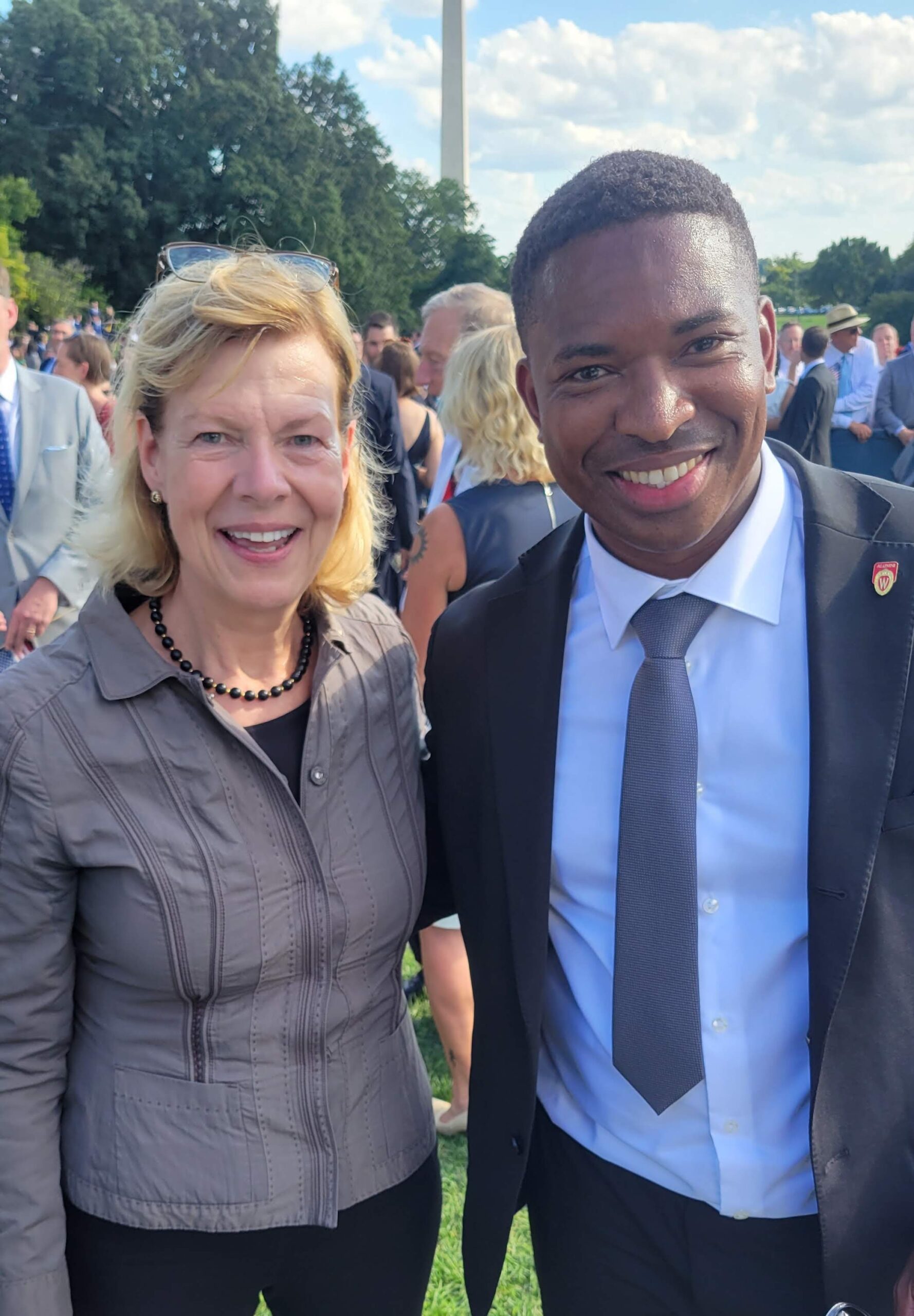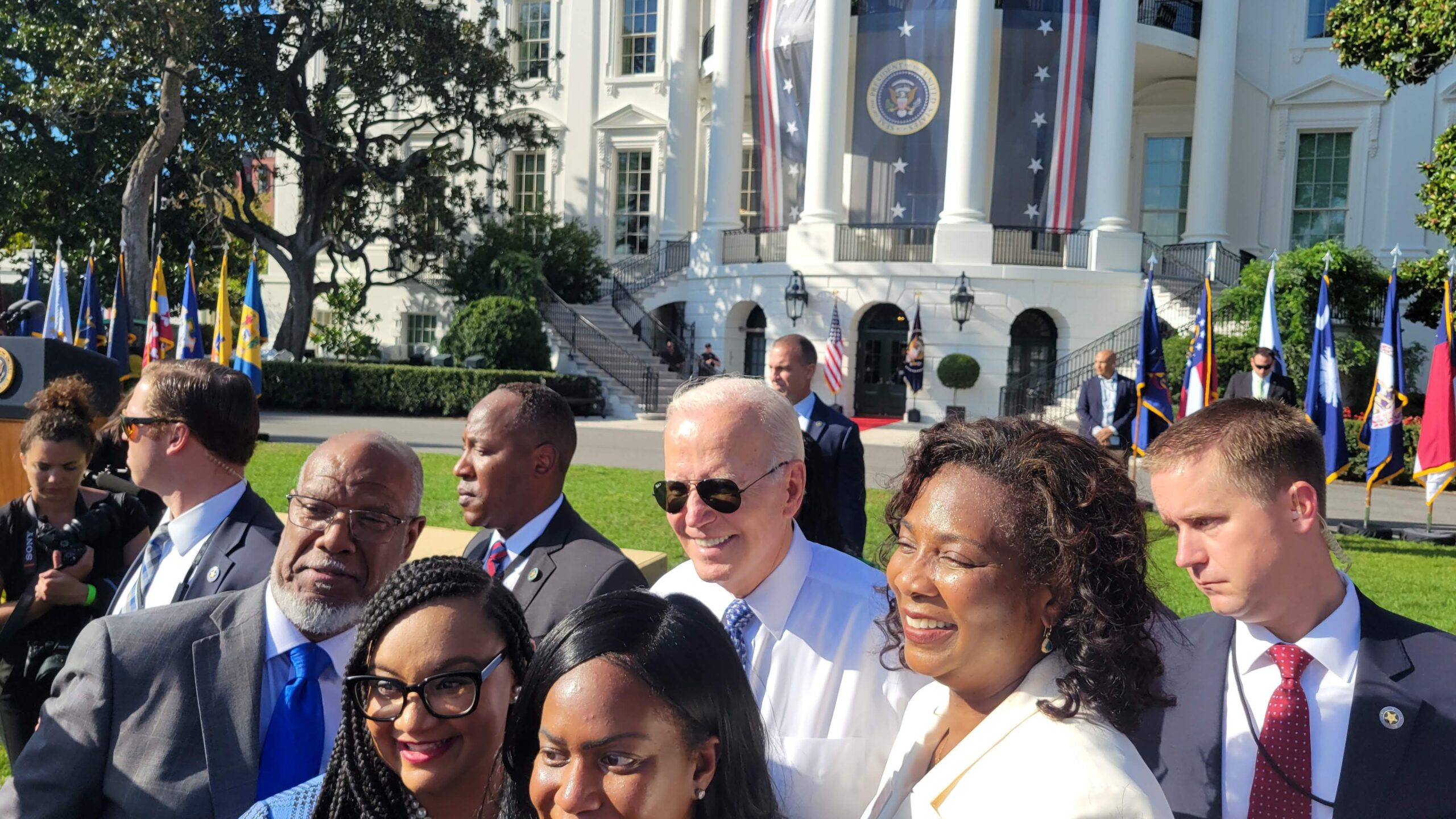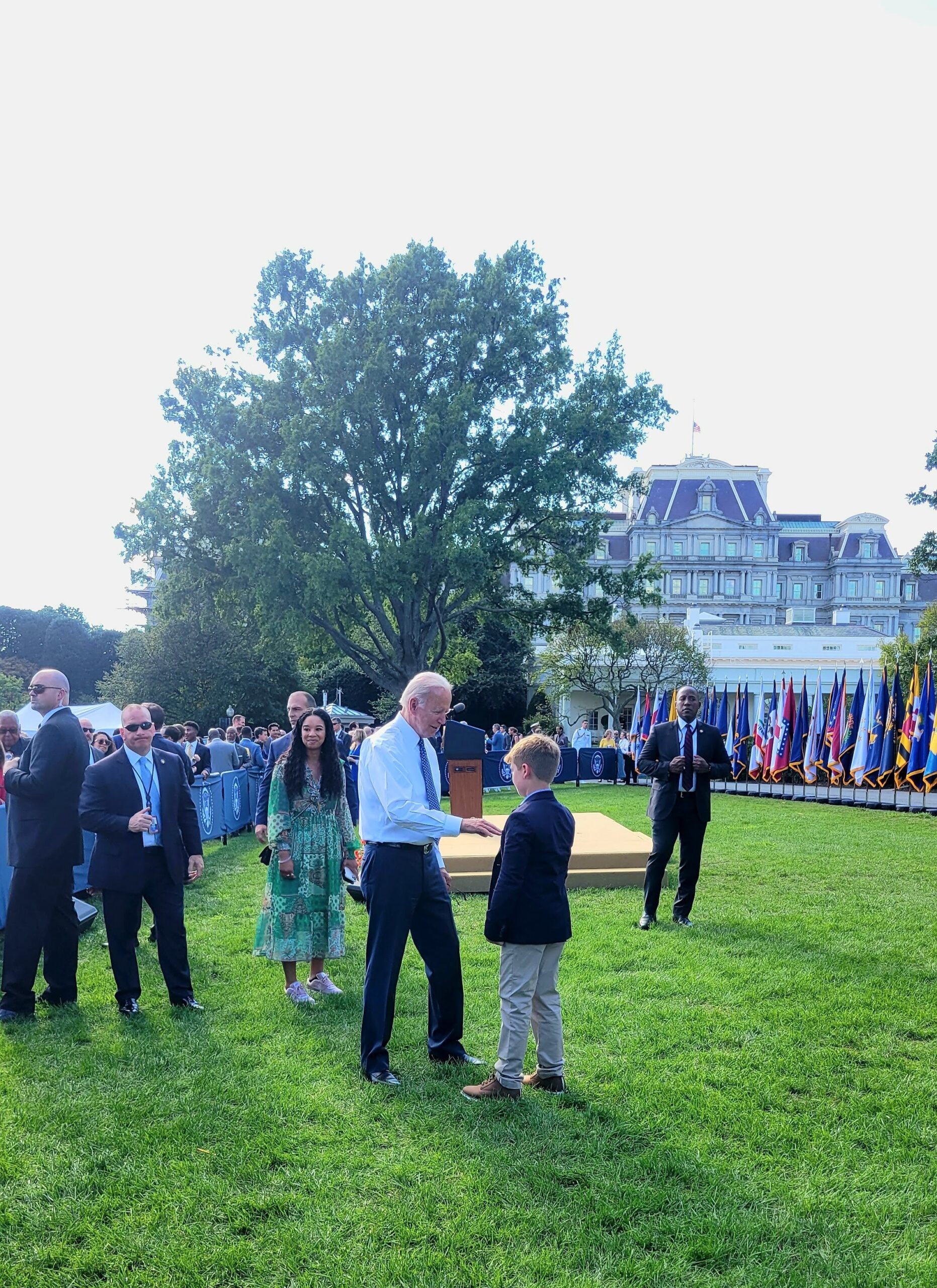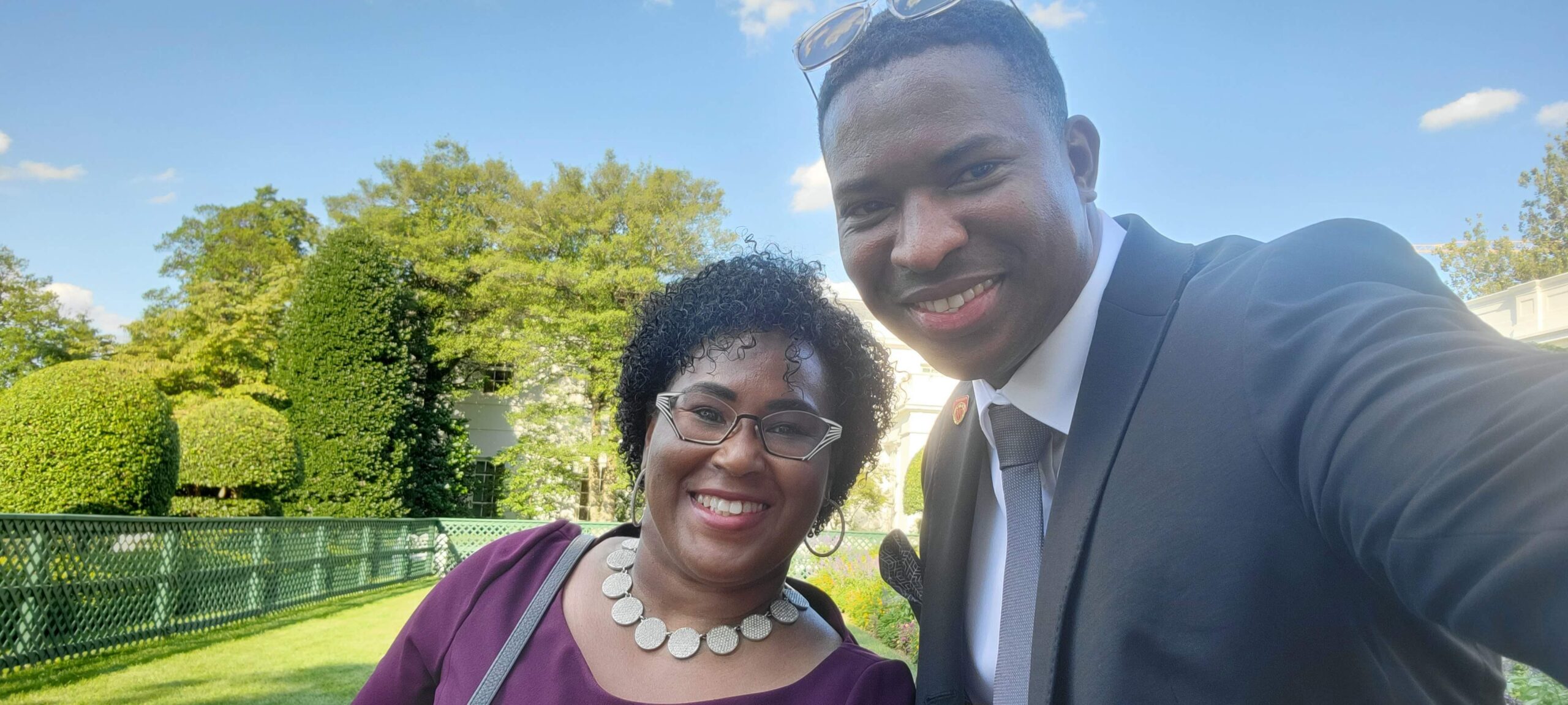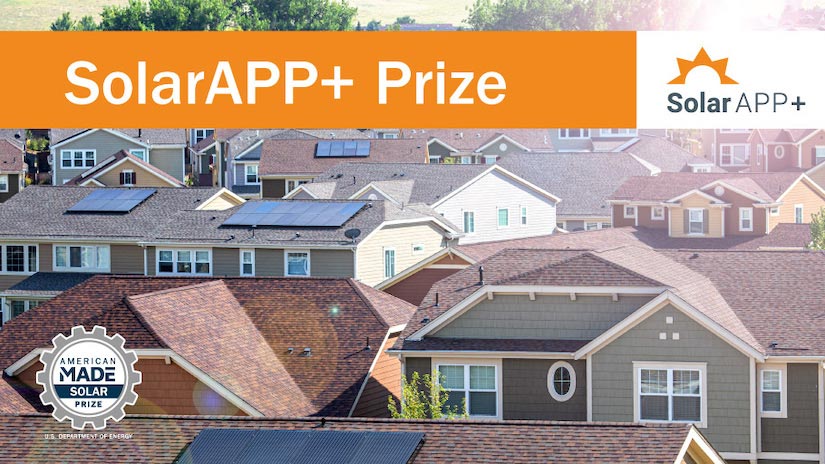
by Jodi Jean Amble | Dec 14, 2022 | Community, Press Release, Solar
December 14, 2022 – SUN PRAIRIE, WI, has been selected by the National Renewable Energy Laboratory (NREL) as one of 12 communities nationwide to adopt the innovative solar permitting platform SolarAPP+. Through the program, Sun Prairie is eligible to receive $15,000 if SolarAPP+ is adopted successfully.
“We’re excited to see NREL’s announcement and the fact that residential solar is receiving its time in the spotlight in Sun Prairie,” said Sam Dunaiski, Executive Director of RENEW Wisconsin. “This platform will help Wisconsin households remove barriers to accessing solar energy.”
SolarAPP+ is an online platform that instantly issues permits for code-compliant residential rooftop photovoltaic (PV) and battery systems. As many consumers and local jurisdictions know, permitting can often slow the process for residential solar and battery installations. Current permitting delays are estimated to increase the cost of solar by $7,000 per project. With the convergence of increased consumer interest in solar installation and federal legislative momentum, clearing this potential bottleneck of long review timelines and complicated permitting applications is imperative. SolarAPP+ provides local governments, installers, and homeowners with a streamlined process to quickly achieve clean power generation from the sun.
Burke O’Neal, co-owner of Full Spectrum, a solar installer based in Madison, WI, is looking forward to Sun Prairie using the SolarApp+ platform to standardize the residential solar permitting process and make it more efficient cost-effective. “Widespread adoption of the program will reduce system costs and speed up installations,” he said. “This means more homeowners will be able to cut their energy bills with a photovoltaic system on their own roof.”
SolarAPP+ has approved more than 10,000 permits across jurisdictions, including successful programs in Arizona, California, Illinois, and Texas. Since SolarAPP+ provided an immediate permit for those communities vetted and determined to be eligible, projects have been installed about two weeks faster under the program.
“The City of Sun Prairie applied to participate in the SolarAPP+ competition to explore the tool and better understand how our permitting process could utilize support from NREL,” said Scott Semroc, Sustainability Coordinator for the City of Sun Prairie. “The city will learn more about the potential integration of the SolarAPP+ platform to augment our existing permitting process, potentially reducing permitting time, freeing up Building Maintenance staff capacity, and overall enabling community investment in renewable energy resources by lowering barriers and streamlining the Solar PV permit process for 1-2 family residences. We are excited to participate in this challenge with our peer communities and further explore this opportunity.”
To see the existing residential Solar PV permit application for the City of Sun Prairie, visit the City of Sun Prairie’s website.
In Sun Prairie and across Wisconsin, RENEW Wisconsin continues to work tirelessly to ensure programs like SolarAPP+ and others are helping both new and existing solar customers reap benefits from their rooftop PV systems. RENEW hopes this first step inspires more local governments to use this free platform to cut red tape and reduce costs for every taxpayer and government entity.
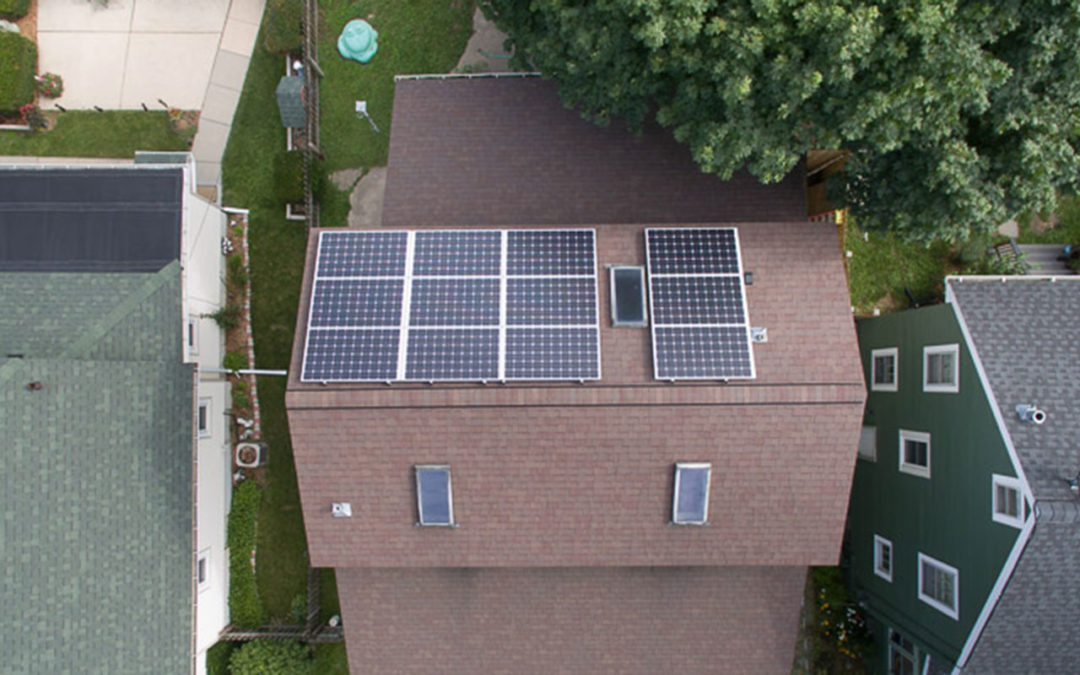
by Michael Vickerman | Dec 2, 2022 | PSC Priorities, Public Service Commission, Solar
Public Service Commission affirms the legality of a private contract between a utility customer and a solar provider
For a central Wisconsin family seeking to supply their home with affordable solar power, December 1, 2022, was a day worth celebrating. The Public Service Commission (PSC) ruled that their bid to access electricity under contract from a third-party-owned solar PV system on their rooftop would not conflict with Wisconsin’s public utility law.
This Declaratory Ruling arose from a petition filed in May by Vote Solar, a national solar energy advocacy organization, on behalf of one of its members, a family residing in Stevens Point. The ruling clears the way for the Vote Solar member to host an eight-kilowatt solar array and pay for that electricity under contract with a third party instead of purchasing the system and absorbing the costs upfront. The third-party provider named in this petition is Northwind Renewable Energy Cooperative, based in Amherst.
While existing law does not prohibit third-party ownership of generating equipment located on the customer’s premises, it does not expressly sanction this type of arrangement either.
In their testimony and briefs opposing Vote Solar’s petition, electric providers argued that any provision of electricity to the family by a third party, whether under a lease or a power purchase agreement, would automatically make Northwind a public utility operating illegally in another utility’s territory. Given that Wisconsin utilities have in recent years denied interconnection to customers seeking to host third-party-owned solar PV systems, Vote Solar felt it necessary to request a Declaratory Ruling on behalf of its member to clarify that the family is not “the public” and that Northwind is not a public utility. Vote Solar was represented by attorney Tim Lindl of Keyes & Fox LLP in this proceeding.
As noted in Vote Solar’s reply brief, “the utility position that two homes with the same equipment, installed the same way, connected to the same utility—with absolutely no functional difference—should be categorized differently simply because of the way the system is financed defies logic and common sense.”
A number of stakeholder comments filed in this proceeding took aim at that argument, such as the example below from Kurt Reinhold, president, and managing director of Legacy Solar Cooperative.
“Anytime someone replaces older HVAC equipment or older lighting fixtures, they are doing what they can (behind the electric and gas meters) to reduce their power demands and energy needs. It’s the same thing with solar power. If a family or an institution decides they want to use solar power to meet some of their power and energy needs, and rely less on fossil fuels, and lower their electric bills in the process, then no utility or regulatory authority should impinge upon the rights of the customer to do that. It should not matter if they take a loan, pay cash, or enter into a service agreement or lease to do so.”
Contrary to the utilities’ hyperbole, affirming the legality of the family’s PV project will not lead to dismantling Wisconsin’s regulatory utility model, as demonstrated in neighboring states like Iowa. As noted by RENEW Policy Director Michael Vickerman:
“Back in 2014, the Iowa Supreme Court ruled in favor of a similar petition filed by a local solar contractor, affirming the legality of third-party-owned generation serving host customers. That decision removed a significant economic barrier that kept nonprofit entities from pursuing onsite solar power. Access to financing opened the solar door to many school districts and local governments across the state. All have reported significant savings from the solar installations serving their facilities.”
Vickerman added, “There is simply no basis for believing that our state’s experience with third-party-financed distributed energy systems would track any differently than what we’ve seen in Iowa. But if we want to broaden solar power’s affordability and make it accessible to low-to-middle income residential customers, small businesses, hospitals, schools, local governments, places of worship, CAP agencies, and other nonprofits, we will need to allow customer use of financing from third-party institutions consistent with the framework described in the Vote Solar petition.”
Several commenters in the Vote Solar docket referenced a number of innovative clean energy projects that used third-party financing. Foremost among them is Bad River Tribe’s Ishkonige Nawadide solar microgrid project commissioned in 2021, consisting of 524 kW of solar and 1,000 kWh of storage capacity. As described by Dan Nordloh, senior vice president, and general manager of EnTech Solutions:
“As a clean energy company based in Menasha, we recently completed a microgrid project for the Bad River Tribe in Ashland using TPF [third party financing], sometimes referred to as an energy-as-a-service model. In 2016 a storm wiped out power to the tribe, leaving them stranded for days… We were able to assist them with the financing because the tribe is a sovereign nation and not subject to Wisconsin law. This system would not have been possible without the flexibility of TPF [third party financing].”
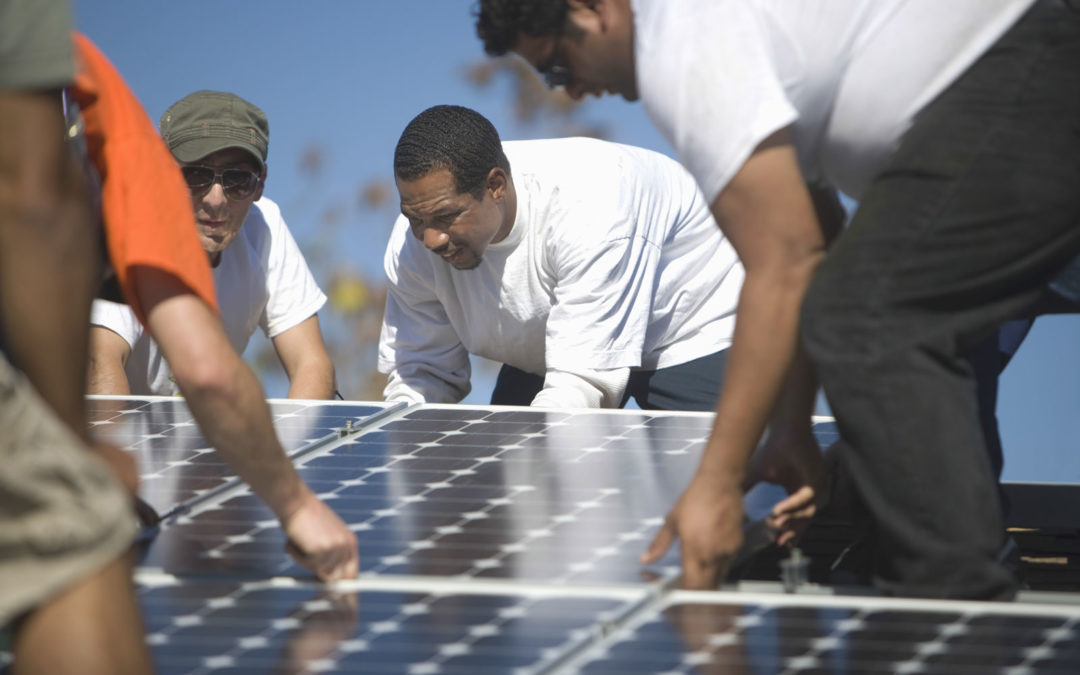
by Michael Vickerman | Oct 28, 2022 | Action Alert, Renewables, Solar
The PSC has opened up a public comment period for Vote Solar’s petition (9300-DR-106). Vote Solar, a national solar advocacy organization, seeks a ruling to affirm the ability of individual customers to access electricity generated on their premises from installations owned by third parties. Comments from the public are welcome between now and November 9th.
RENEW Wisconsin is asking supporters and allies to submit comments urging the Public Service Commission (PSC) to issue a ruling in favor of the family at the center of the case. A working-class household, this family would like to supply power to their home with a rooftop solar PV system, but they would prefer to pay for it as a service rather than acquire the equipment upfront.
If we want to broaden solar power’s affordability and make it accessible to low- to middle-income residential customers, small businesses, hospitals, schools, local governments, places of worship, CAP agencies, and other nonprofits, we will need to allow customer use of financing from third-party institutions in the manner described in the petition.
Here are the important details about the solar system desired by the family.
- The solar system is located on the family’s premises
- The solar system is installed behind the family’s meter
- The solar system is interconnected in parallel to the utility’s distribution grid
- The solar system is sized to offset all or a portion of the individual customer’s load
- The family would enter into a private, individualized contract with the PV system owner
- The PV system provides power to the host customer
- Any unconsumed power from the PV system flows directly to the utility’s system
Whether owned by the customer or a third party, the equipment on that customer’s property would serve only that host customer and operate under the same regulatory framework that a customer-owned system would. RENEW Wisconsin believes such an arrangement should not
trigger public utility regulation.
HOW YOU CAN HELP!
Prepare a letter in support of the petitioner’s request. Your statement should specifically reference the project described in the petition.
The following are suggested talking points highlighting themes that we believe will be helpful to the Public Service Commission as it deliberates on this matter. Thank you for weighing in on this critically important issue!
TALKING POINTS
- The family at the center of this case would like to access solar power for their home, but they would prefer to pay for it as a service rather than as a capital expense for equipment.
- Whether owned by the customer or a third party, the equipment on that customer’s property would serve only that host customer and operate under the same regulatory framework that a customer-owned system would.
- In no way does the financing arrangement desired by the family in the petition alter or threaten the utility regulatory model that exists today.
- Many families and businesses are in similar financial circumstances. They would like to avail themselves of the reasonable financing option articulated in this proceeding.
- We ask the Commission to consider the interests of these households and businesses in its deliberations on the petition’s merits.
- We urge the Commission to rule in favor of onsite solar systems financed in the manner described in the petition and find that such solar systems should not be regulated as public utilities.
EXAMPLES OF COMMENTS IN SUPPORT OF THIRD-PARTY FINANCING SUBMITTED ON THIS DOCKET
COMMENT FILED ON BEHALF OF CATHOLIC MULTICULTURAL CENTER
COMMENT FILED BY JOHN SCHOONENBERG
COMMENT FILED BY CLARK JOHNSON
COMMENT FILED BY CAROL JOHNSON
COMMENT FILED BY CHEQ BAY RENEWABLES
COMMENT FILED BY COUILLARD SOLAR FOUNDATION
COMMENT FILED BY ENERGY CONCEPTS
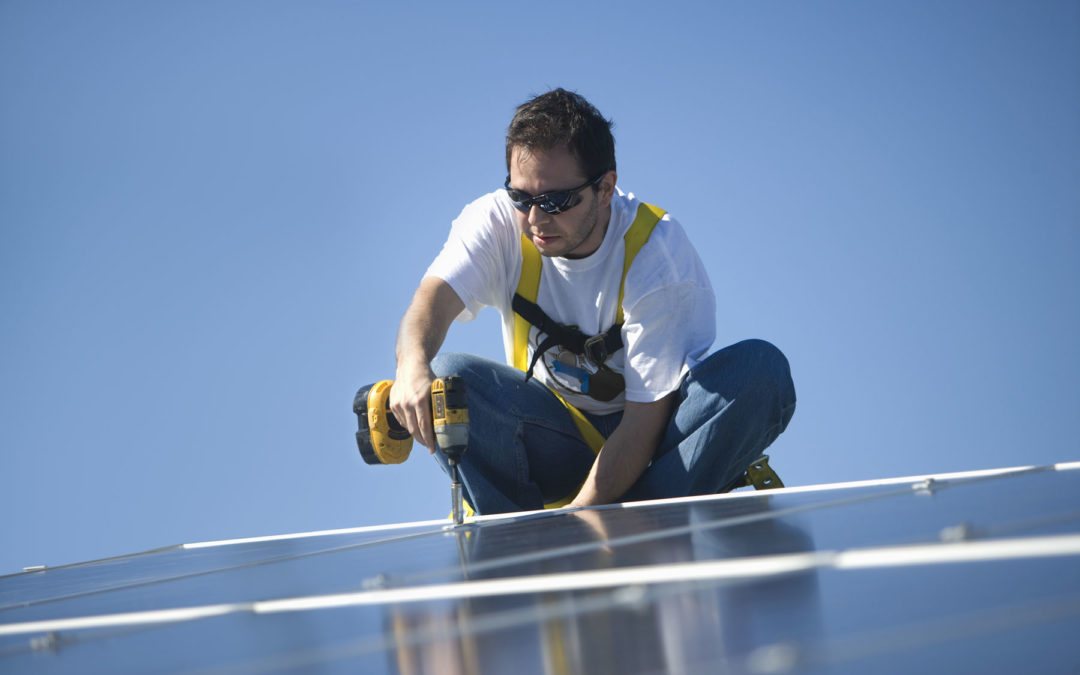
by Sam Dunaiski | Oct 4, 2022 | Renewables, Solar
This blog was originally published on April 21, 2020, and has been reposted with edits.
With solar energy becoming more popular and affordable, new solar firms are setting up businesses in Wisconsin. This competition is good for our solar energy market, but can also increase the possibility of bad business practices in the industry.
For example, three years ago, customers in southeast Wisconsin were left with incomplete projects after a Utah-based company failed to complete its solar arrays. In 2018, another solar firm failed to complete dozens of projects in Minnesota and Wisconsin, defrauding homeowners of over one million dollars. More recently, Minnesota Attorney General Keith Ellison sued 4 solar companies for fraudulent business practices, and the Attorney General’s office of Iowa is investigating a large uptick of complaints against solar companies accused of defrauding homeowners. Many customers are looking at payments for solar systems that are not fully connected, or in some cases, the company has neglected to do any work whatsoever.
Burke O’Neal of Full Spectrum Solar in Madison says that homeowners should exercise caution if they are solicited with a solar energy system for their homes. “Customers should look for installer experience and expertise,” said O’Neal. “Make sure your company has appropriate licenses and insurance. And look for a company with an office, truck, and warehouse. If a company asks for big payments upfront, that’s a serious red flag.”
As renewable energy advocates, RENEW wants to help Wisconsinites realize the promise of solar energy. These bad headlines can damage Wisconsin’s network of solar contractors and the concept of renewable energy as a whole.
If you’re considering solar PV for your home, here are a few important points to consider:
- Contact a reputable solar contractor. It can be very difficult to know who is reputable and who is not. You can begin by looking at our map here at RENEW Wisconsin, or this Midwest Renewable Energy Association list. You do not need to limit yourself to these lists, but this is a good place to start.
- Obtain at least three solar system proposals. This will help you choose the best system for your needs and budget.
- Cross-check your contractors with a third-party rating system. The Better Business Bureau, Consumer Affairs Office, Angie’s List, or other independent reviewers should provide insight on which companies are experienced and reputable.
- Find out if your contractors have a license to work in your area and if they have a licensed electrician on staff. Ideally, you’ll want to choose a NABCEP-certified contractor, but you do not need to limit yourself exclusively to these firms.
- Conduct more research. Talk to other homeowners who have gone through the process.
Once you are confident you’ve chosen a qualified contractor, have a representative from the firm answer these questions:
- How long have they been in business?
- How many systems have they installed?
- What warranties on labor and materials are offered?
- Who to contact if there’s a problem?
- Select a proposal. The firm will issue you a contract for the solar project. Examine the financials of the contract. Ensure the total price, payment schedule, and cancellation policy are spelled out. Make sure you understand all the warranties offered.
If your solar contractor can’t provide the answers to these questions, or if you’re unsure about the process in general, contact us at RENEW Wisconsin.
A home solar PV system is a major purchase, and it’s important to take the time to make the right decision for yourself and your home. If you’re considering purchasing a solar system, don’t hesitate to ask your solar contractor many questions. It can also help to talk with other homeowners who have gone through the process. Buying a solar array may feel overwhelming, but following these steps will help ensure you’re choosing the right company for the job.
If you have had a bad experience with a solar installation firm, you can submit a consumer complaint with the Department of Agriculture, Trade and Consumer Protection (DATCP). DATCP also has information on Solar Power Buying Tips and Home Improvement Consumer Tips.
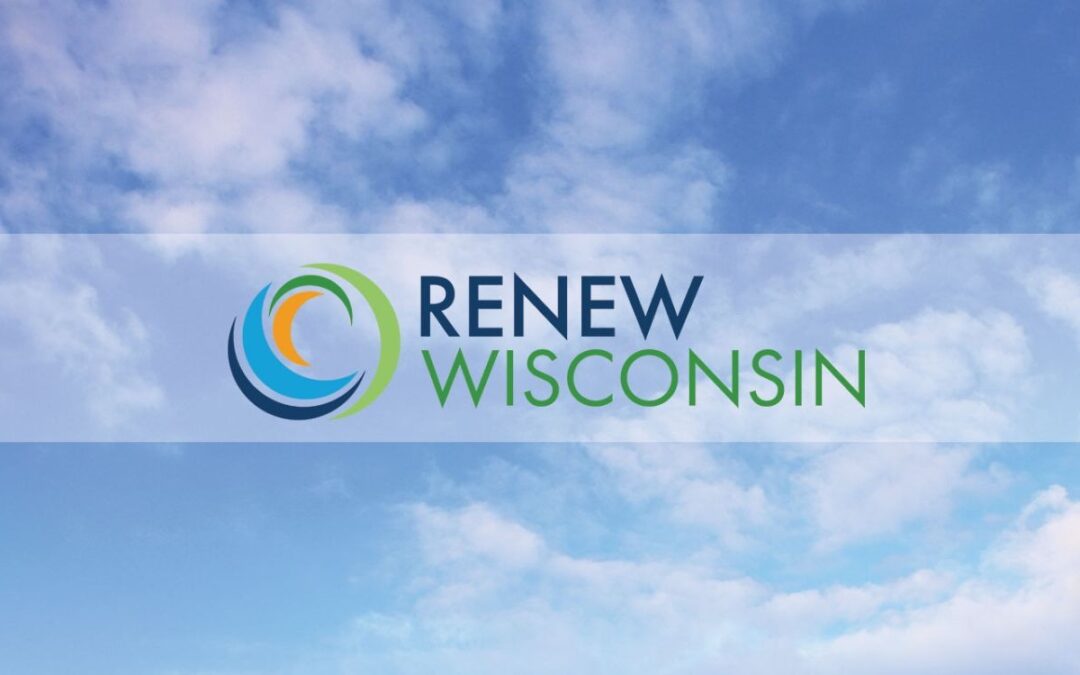
by Michael Vickerman | Sep 30, 2022 | Community Solar, RENEW Wisconsin, Renewables, Solar
After much internal deliberation, RENEW Wisconsin decided to end its 28-year membership in Customers First! Coalition (CFC). RENEW was a founding member of CFC, an organization whose diverse membership supported a balanced approach to shaping Wisconsin’s energy policy. For many years, RENEW’s participation in CFC yielded positive results in the form of legislation that served to drive utility investments in renewable generation, such as the state’s Renewable Portfolio Standard. However, as renewable energy technology and economics have advanced, we have had growing differences in various State policies that would allow utility customers to expand their renewable energy options. Because of this, RENEW Wisconsin felt we could no longer support many of the official positions of the CFC, and it was necessary to withdraw as a member.
RENEW sent a letter on September 28 informing CFC Directors of our decision to exit the coalition, listing three of the latest high-priority policy initiatives that RENEW supports and CFC opposes:
- Policies to affirm 3rd party financing of behind-the-meter renewables;
- Expansion of community solar options to serve all Wisconsin customers; and
- Customer-sited solar generation supplying power to commercial electric vehicle charging stations.
In explaining our advocacy for policies that CFC finds objectionable, we pointed to the continuing evolution in technology and economics.
While RENEW acknowledges the many benefits that Wisconsin energy consumers derive from effective utility regulation, it is crucial that our regulatory framework remain responsive to the ongoing evolution in renewable energy technology and economics. Distributed energy resources today can deliver a level of savings and operational flexibility to customers that were considered unthinkable 15 years ago. If Wisconsin is serious about clearing pathways for such beneficial electrification technologies as solar and storage, electric vehicle charging, heat pumps, and community solar, it must update and clarify the utility regulations that presently hinder customers from pursuing those options.
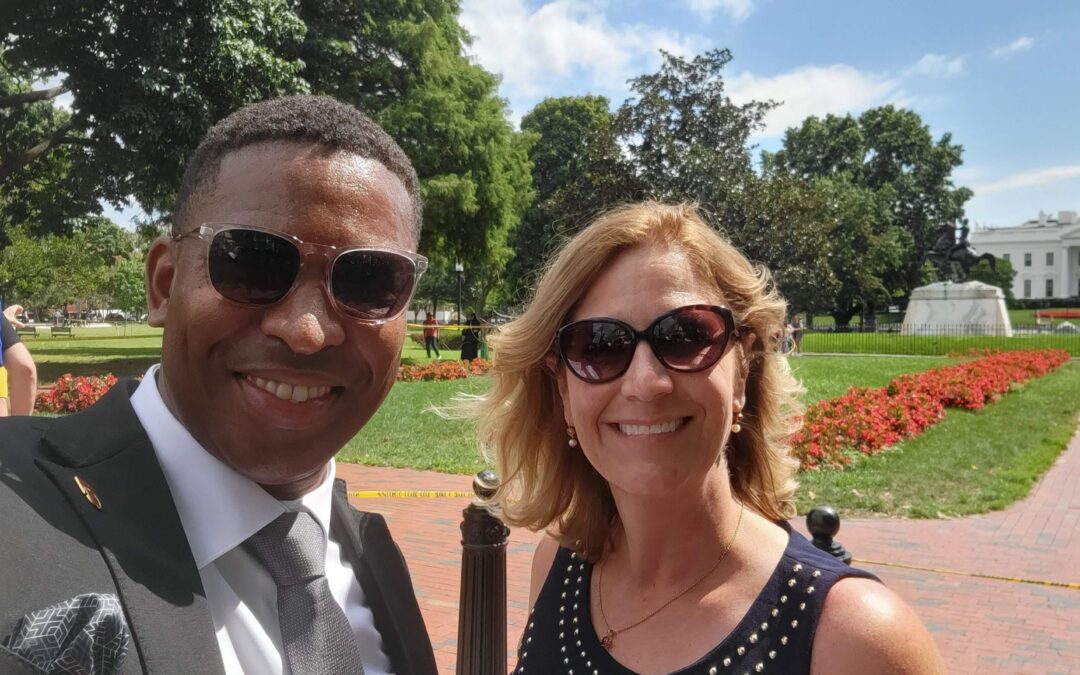
by Francisco Sayu | Sep 16, 2022 | Community, Electric Vehicles, Electrification, Events, Solar, Sustainability
With an invitation extended by Governor Tony Evers, RENEW’s Interim Executive Director, Jessica Niekrasz, and Emerging Technology Director, Francisco Sayu, joined President Biden, his cabinet, and lawmakers at the White House on Tuesday, September 13, to celebrate the Inflation Reduction Act (IRA).
The celebration – including a surprise appearance by James and Kim Taylor – was a stunning reminder of our collective power to accomplish “big things” when we work together. “Today offers proof that the soul of America is vibrant, the future of America is bright, and the promise of America is real,” Biden said during his speech on the South Lawn.
RENEW applauds the Biden administration for signing the IRA – the most significant climate legislation ever passed in the U.S. The IRA includes $369 billion to help families save money on energy, improve quality of life, create stable jobs, and fight climate change by reducing carbon emissions.
RENEW is dedicated to building a stronger, healthier, more vibrant Wisconsin through the advancement of renewable energy. The clean energy investments in the IRA will boost renewable energy and beneficial electrification in Wisconsin, limiting our dependence on imported gas and petroleum. This market transformation is needed to begin transitioning our economy away from fossil fuels that bleed our state’s economy by $14 billion yearly.
Wisconsin Families that take advantage of the clean energy incentives and electric vehicle tax credits in the IRA could save more than $1,000 per year. Here are some of the benefits available to Wisconsin residents:
- Up to $14,000 in direct consumer rebates for families to buy heat pumps or other energy-efficient home appliances, saving families at least $350 per year.
- 30% tax credit to install rooftop solar systems, saving families $9,000 over the system’s life or at least $300 per year.
- Up to $7,500 in tax credits for new electric vehicles and $4,000 for used electric vehicles, helping families save $950 per year.
The clean energy investments in the IRA support the Governor’s climate goals, as outlined in Wisconsin’s Clean Energy Plan. These investments will help power homes, businesses, and communities with homegrown renewable energy, improve health outcomes, and create stable jobs for residents of Wisconsin.
RENEW was honored to be at the White House representing the great state of Wisconsin and thanks Governor Tony Evers for this incredible opportunity. Inclusion at this historic celebration is a testament to the incredible work the RENEW team has been doing for over thirty years. We look forward to helping our state take advantage of the opportunities offered by the IRA, and will continue to support access to clean energy for families, businesses, and communities in Wisconsin.







